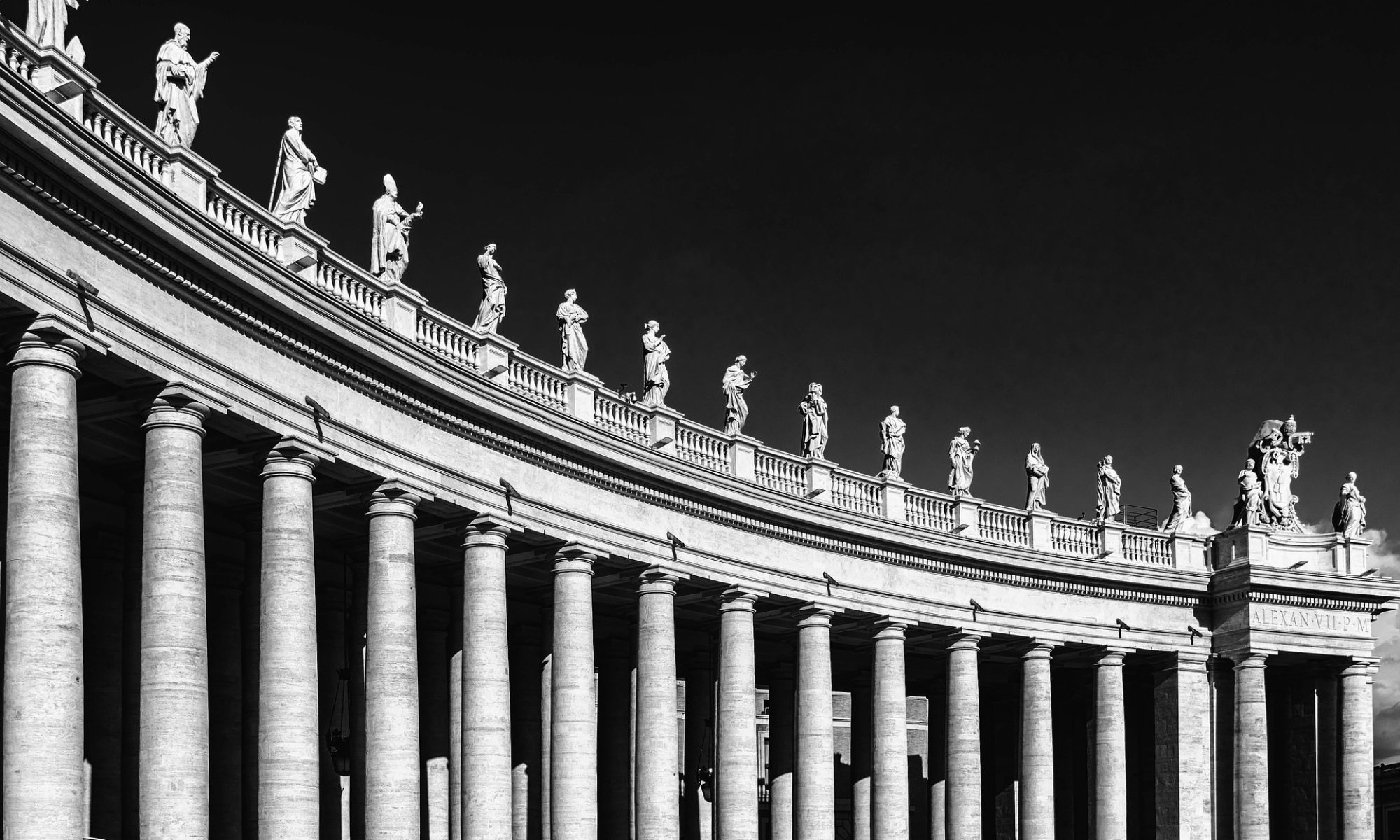Puesto que la Biblia es parte de la Tradición y “la Iglesia” es también parte de la Tradición, la Biblia está sometida a la Tradición de la cual “la Iglesia” es la voz viva y actual.
25 DE MARZO DE 2012
¿Existe una forma específicamente católico romana de hacer teología? ¿Cuáles son sus marcas distintivas? Estas cuestiones constituyen los antecedentes del documento de 36 páginas publicado recientemente por la Comisión Teológica Internacional (ITC por sus siglas en inglés).
La Comisión trabajó durante ocho años en su elaboración. Esta larga gestación indica quizás la difícil tarea en la que se embarcó la ITC al redactar el texto titulado Teología hoy: perspectivas, principios y criterios .
Desde 1969 el papel de la ITC ha sido el de ayudar a la Congregación para la Doctrina de la Fe a examinar las materias doctrinales y ofrecer percepciones nuevas sobre diversos temas teológicos. Este documento es útil porque proporciona una información privilegiada y una concisa perspectiva acerca de cómo se ve la teología como un todo a los ojos del Vaticano.
Después de observar que la teología católica verdadera refleja unidad (no uniformidad) en la diversidad (no fragmentación), el documento hace hincapié en el hecho de que la teología tiene tres características principales: “surge de escuchar la Palabra de Dios”, “se sitúa a si misma consciente y fielmente en la comunión de la Iglesia” y “está orientada al servicio de Dios en el mundo”. Las secciones más interesantes del documento son las dos primeras en las que se tratan temas teológicos sensibles que son cruciales también para otras tradiciones teológicas.
VISIÓN “VIVA” DE LA PALABRA DE DIOS
Lo que más sobrecoge al lector evangélico, antes que nada, es la destacada referencia a la Palabra de Dios que se da en el documento. En la teología católica la expresión “Palabra de Dios” tiene un significado amplio, elástico y dinámico, mucho más allá de los contornos de la Palabra escrita de la Biblia .
La ITC recuerda que el cristianismo no es una “religión del libro”, sino una “religión de la palabra de Dios”. La primera es “una palabra escrita y muda”, la última es “la Palabra encarnada y viva”. Se hace una aguda distinción entre la Palabra escrita y la Palabra viva como si las dos pudieran ser fácilmente polarizadas. La Palabra católica contiene tanto las Escrituras “como un testimonio inspirado de la revelación” como “la Tradición viva de la Iglesia”. La Escritura y la Tradición constituyen la “suprema regla de la fe”.
La ITCquiere que comprendamos una vez más cual es la teología católico romana estándar de la Palabra de Dios después del Vaticano II. La Biblia es ciertamente importante, pero la Biblia es únicamente parte de una más amplia Tradición viva que es proclamada con fidelidad “sólo sobre el fundamento de los apóstoles y en la sucesión apostólica”.
Tanto el fundamento doctrinal establecido por los apóstoles, como el continuo ministerio apostólico ejercido por la jerarquía son necesarios para tener acceso a la Palabra de Dios. El Magisterio de la Iglesia CR es, por tanto, esencial para tener la completa Palabra de Dios.
LA TRADICIÓN COMO LA PALABRA DE DIOS
La idea de Tradición es primordial para la ITC y es, probablemente, el indicador más elevado de lo que significa para una teología que ésta sea católico romana .
La Tradición se define como un complejo total con varios componentes vitales: “un estudio constantemente renovado de la Sagrada Escritura, el culto litúrgico, la atención a lo que han enseñado los testigos de la fe a través de los siglos, la catequesis que fomente el crecimiento de la fe, el amor a Dios y al prójimo demostrado de una forma efectiva, el ministerio eclesial estructurado y el servicio que da el magisterio a la Palabra de Dios.
La totalidad de la Iglesia Católico Romana está inherentemente involucrada en la Tradición. En cierto sentido, la ICR está tan inmersa en la Tradición que posiblemente no puede ser corregida por las Escrituras .
La ICR forma una parte tan inextricable de la Tradición que la Biblia no puede estar por encima de “la Iglesia”. Puesto que la Biblia es parte de la Tradición y “la Iglesia” es también parte de la Tradición, la Biblia está sometida a la Tradición de la cual “la Iglesia” es la voz viva y actual.
En una reveladora declaración, el documento de la ITC dice que “la Escritura es el primer miembro de la tradición escrita” lo que implica que hay otros miembros de la misma tradición que llegan después y que definen la tradición en la medida de la Escritura. La diferencia está en que la voz “viva” del magisterio tiene la última palabra, mientras que la “escrita” es solamente uno de los componentes anteriores de la Tradición.
TEOLOGÍA Y MAGISTERIO
No es ninguna sorpresa leer que “la fidelidad a la Tradición Apostólica es un criterio de la teología católica”. Mientras que la investigación se recomienda en todas las direcciones, “la disidencia hacia el magisterio no tiene lugar en la teología católica”. Al magisterio se le ha dado el charisma veritatis certum (es decir, el carisma de la verdad) al que debe someterse la teología. Por consiguiente, el papel de la teología consiste en investigar y articular la fe de “la Iglesia”, pero es el magisterio el que “proclama la fe y la interpreta auténticamente”.
“Theology Today” (La Teología Hoy)ofrece un honesto esbozo de lo que significa hacer teología a la manera católico romana. Dei Verbum y Lumen Gentium (dos documentos fundacionales del Vaticano II) son los pilares principales en lo que se refiere a las doctrinas de la Revelación y de la Iglesia. La labor de la teología se encuentra entre los dos. El documento no presenta nada nuevo, sino que es sólo una reafirmación de los puntos de vista y los intereses magisteriales del post-Vaticano II.
Traducción: Rosa Gubianas

